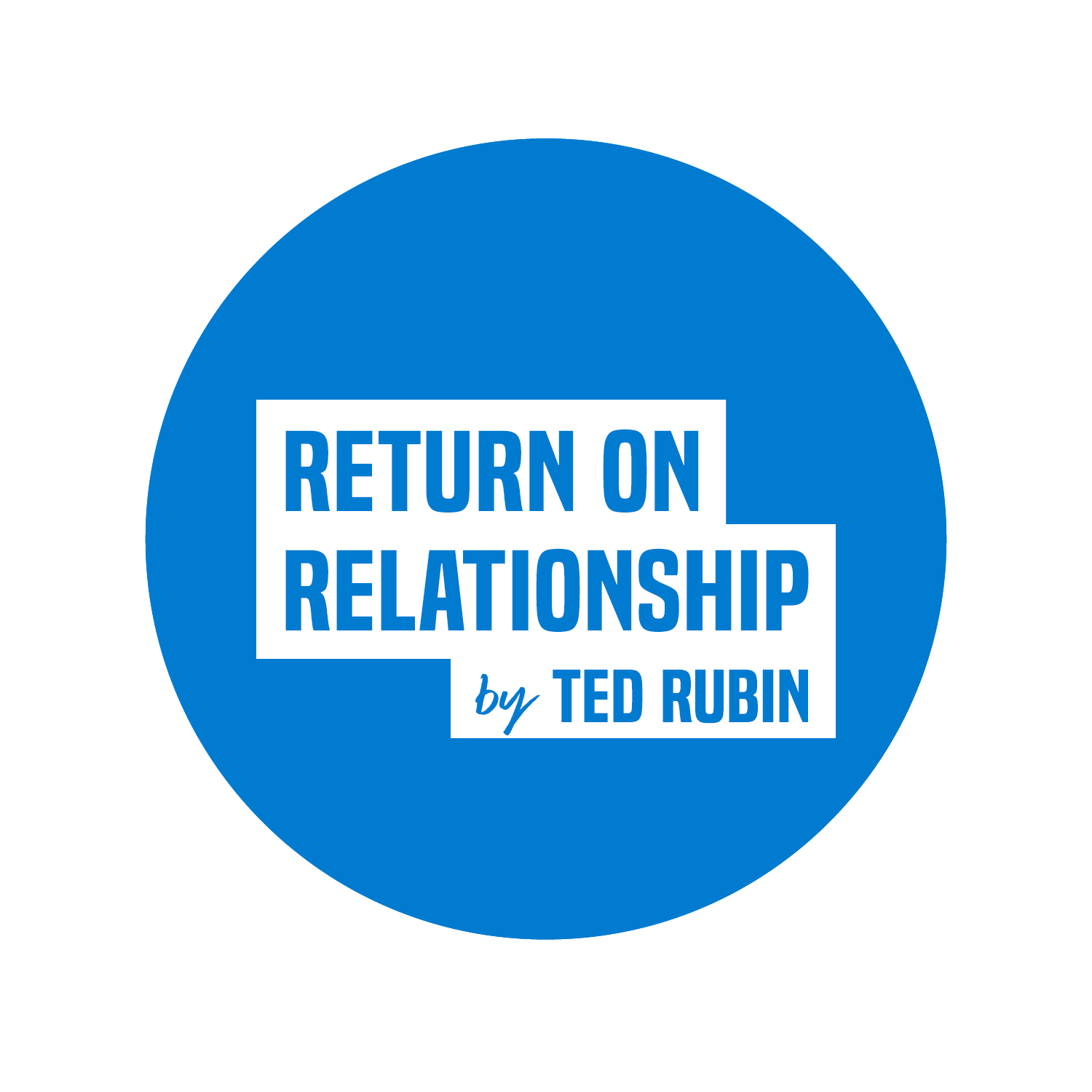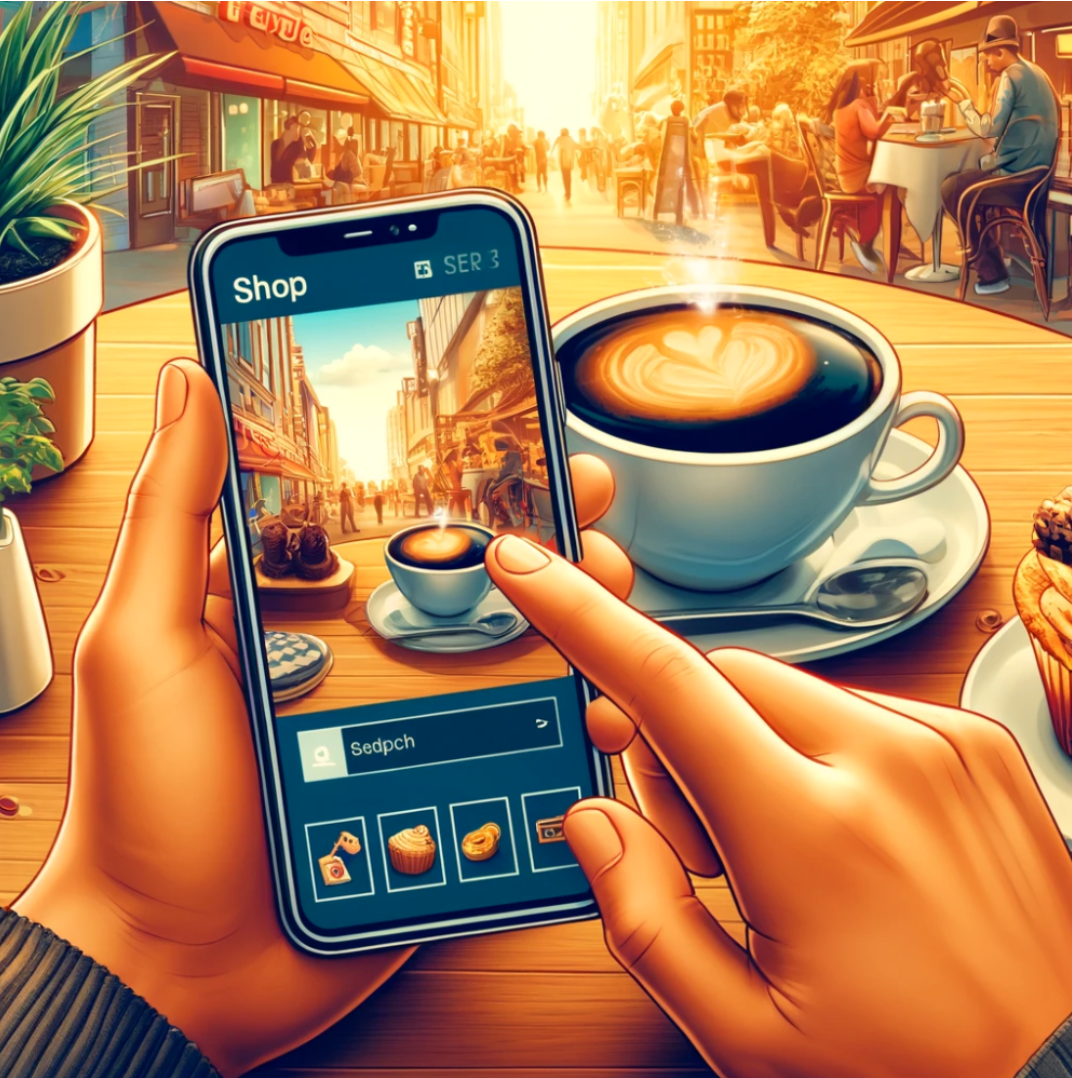How AI Is Revolutionizing Shopper Marketing: The Rise of the AI Companion ~via John Andrews
John Andrews has always been my personal discovery thought leader, especially when it comes to Shopper Marketing, and he continues to do so in the realm of AI and Marketing. /Ted
Imagine scrolling through your social media feed and coming across an image of a sleek, stylish Ferrari baseball cap. Intrigued, you wonder where to find an authentic version of this cap for yourself. In the past, this might have meant hours of searching online, trying to discern which retailers were offering the genuine article. But now, with the advent of generative search and artificial intelligence (AI), the path to your perfect purchase has become much more straightforward.
AI is rapidly transforming the shopper marketing landscape, and its potential extends far beyond mere product search and recommendation. As AI systems become more sophisticated, they evolve from tools to companions, poised to reshape the shopping journey.
This was my journey on Sunday, sitting outside gathering some sunshine.
The AI Shopper's Assistant
The rise of generative AI, like GPT-4, combined with advanced image recognition, has ushered in a new era of visual search. Shoppers no longer need to rely solely on text-based queries, hoping that the right keywords will lead them to their desired product. Now, AI can analyze images and identify specific products, even authenticating them across multiple retailers.
Returning to our Ferrari cap example, a shopper can input an image of the cap, and generative search will find visually similar products and confirm which ones are genuine. It might point them to the official Ferrari store or highlight offerings from authorized retailers like PUMA. This technology is revolutionizing product discovery and purchase.
However, this shift towards visual search has profound implications for brands and their SEO strategies. More than traditional keyword optimization is required. Brands must now prioritize optimizing their visual footprint to ensure their products are discoverable through this new search paradigm.
The Marketer's New Toolkit
AI isn't just transforming the shopper's experience; it's also providing shopper marketers with a powerful new toolkit. Personalized recommendations, once a novelty, are now becoming the standard. By leveraging customer data and preferences, AI algorithms can curate product suggestions tailored to each individual shopper.
Seamless Image Shopping - Image by Dalle, prompts by Claude promoted by John Andrews
Moreover, AI-powered chatbots and virtual assistants enhance customer service, offering instant, around-the-clock support and guidance. Behind the scenes, AI also optimizes inventory management and demand forecasting, ensuring that the right products are always in stock and ready to ship.
For brands to leverage these AI capabilities effectively, they must focus on data quality and visual presentation. High-quality, distinctive product images are crucial, as are diverse angles, lifestyle shots, and even video content. User-generated content can help scale this visual footprint, providing authentic, real-world context.
Optimizing the metadata and context surrounding these images is equally important. Alt text, file names, and page content all contribute to an image's discoverability. Brands should also aim to integrate their products into authoritative visual databases to maximize their reach.
Customer-Centric Marketing with AI
AI's potential goes beyond product discovery and recommendations. It can also help brands understand their customers on a deeper level. AI can identify distinct customer segments and individual buyer behaviors by analyzing vast data.
These insights can reveal which products resonate with specific groups, enabling hyper-targeted marketing. AI can even go a step further, personalizing recommendations based on a customer's unique style preferences, size, and other visual cues.
Envision an AI that can examine a photo of your living room and suggest a couch in a color and fabric that perfectly complements your decor. This level of personalization creates a shopping experience that feels innately intuitive and tailored to each individual.
The AI Companion
As AI advances, its role in shopper marketing is poised to evolve from a tool to a companion. We can anticipate a future where AI systems proactively engage with shoppers, learning their preferences, predicting their needs, and offering guidance and support throughout the entire shopping journey.
Image Generative Shopping - Image by Dalle, prompts by Claude promoted by John Andrews
Imagine an AI shopping concierge that curates recommendations based not just on your purchase history, but on a deep understanding of your unique style, needs, and aspirations. This AI would be an ever-present companion, accessible across devices and touchpoints, constantly learning and adapting with each interaction.
However, realizing this vision will require more than just technological advancement. It will also necessitate a shift in how we perceive the relationship between humans and machines. Brands will need to prioritize transparency, trust, and user control to ensure that these AI companions are seen as helpful and empowering rather than intrusive or manipulative.
Moreover, as AI becomes more integrated into the shopper journey, brands will need to find ways to maintain a human touch. The most successful strategies will likely blend the efficiency and personalization of AI with the empathy and creativity of human marketers and customer service representatives.
Future Frontiers
As AI continues to evolve, so will its retail applications. Generative product customization looms, promising a future where shoppers can create bespoke products by simply feeding their preferences into an AI system.
Augmented reality try-ons and visualization are also poised to reshape how we shop, allowing customers to preview products in their own homes or on their own bodies before making a purchase.
Furthermore, AI's predictive capabilities will likely lead to proactive personalization, where brands anticipate customer needs and make preemptive recommendations.
All of these developments have the potential to increase brand loyalty dramatically. By leveraging AI to create shopping experiences that are not only frictionless but also deeply personal and engaging, brands can foster a level of trust and connection with their customers that was previously unattainable.
The future of shopper marketing belongs to those who embrace AI not as a mere tool, but as a companion in crafting exceptional customer experiences. As generative search and visual AI continue to advance, brands must adapt their strategies, focusing on rich, discoverable visual content and leveraging AI's personalization capabilities.
However, the true potential of AI lies in its ability to become a proactive, ever-present companion throughout the shopping journey. By learning from and adapting to each shopper, AI has the power to transform the act of shopping from a transaction into a relationship.
Of course, this transformation will require a thoughtful approach. Brands must prioritize transparency, user control, and the maintenance of a human touch to ensure that AI is seen as an empowering companion rather than an invasive presence.
Ultimately, the competitive advantage will lie with those who harness AI to create intuitive, immersive, and tailored shopping journeys for each unique individual. The era of the AI shopping companion is on the horizon—it's up to brands to prepare for this exciting future.





